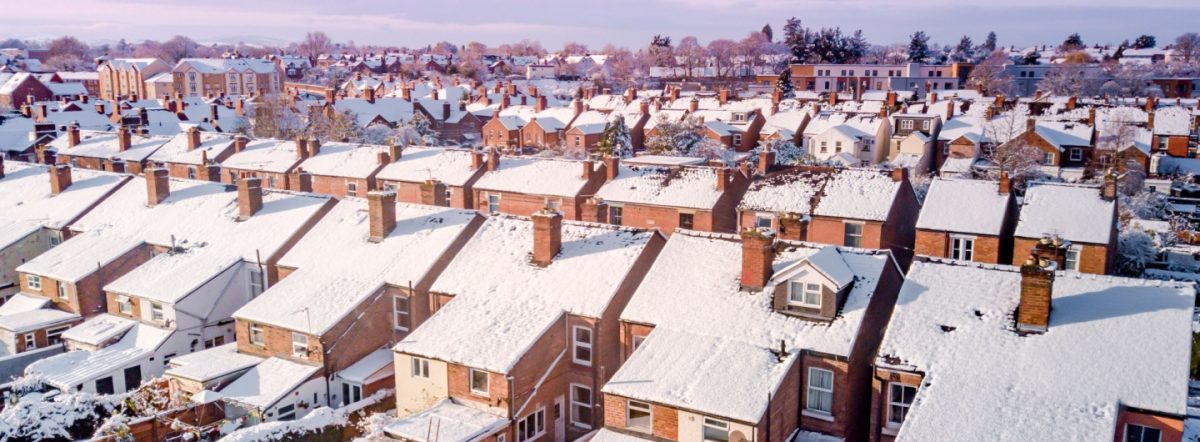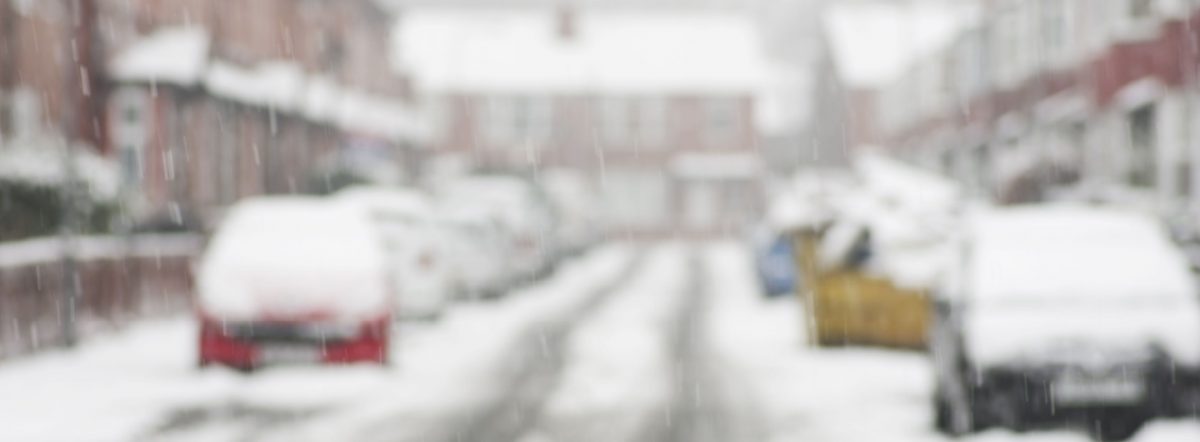As health experts warn old and disabled peoples’ lives are at risk with Britain set to freeze until Wednesday (January 8), campaigners are calling for the government to fast track a social tariff backed by three-quarters of voters.
Warm This Winter found a huge majority of the public think the Government should provide more support to vulnerable households with their energy bills [1] which they also believe should be funded by the wider energy sector that has made over £483 billion in profits according to the latest stats released by campaigners.
Three quarters of the public (75%) back the Government bringing in a social tariff to provide a discount on energy bills to those in greatest need of help.
A social tariff offers lasting protection to those who depend on heating and electricity the most for their health and well-being, reducing the costs of every unit of energy they use and shielding them from volatile and persistently high energy prices.
But after many pensioners have now seen their winter fuel payments removed, 78% of the public called for a social tariff to be made available to older people.
And 86% felt that those who are dependent on powered medical equipment in order to stay healthy at home (e.g. dialysis machines, oxygen concentrators, artificial ventilators) or rely on energy to power equipment (e.g. charge wheelchairs, run fridges for medicines) should get the tariff.
Similar high levels of support were found for the social tariff going to those who have respiratory diseases (81%), have cardiovascular disease (77%), disabilities (76%), are financially vulnerable (72%) or are at risk from not using energy due to money worries (69%).
As in previous polling, the public backed the social tariff being paid for by the energy industry (producers, networks and suppliers). There was also support for the cost being split between industry and general taxation.
There was almost no support for it being fully funded by spreading the costs across everyone else’s energy bills, which is usually what happens with support schemes at present.
Simon Francis, coordinator of the End Fuel Poverty Coalition, commented:
“As households continue to suffer as a result of our dependence on volatile gas prices, the to-do list for the Government in 2025 gets even longer.
“As a priority, Ministers must set out plans to tackle affordability and discrimination in the energy market. This is an imperative to reduce and prevent the public health complications that arise from so many millions of people living in cold damp homes.
“We must see affordable energy bills for those most in need of support through a social tariff alongside other measures to bring down prices, address issues with smart meters and ensure all households can access the best tariffs and support.
“At the same time, Ministers must not let up in delivering longer-term market reforms that prioritise consumers, while also providing the £13.2bn in funding needed for the Warm Homes Plan and continuing to drive forward renewable energy projects which improve our energy security.”
Warm This Winter campaign manager, Caroline Simpson, commented:
“The public believe that a social tariff must be implemented and this needs to be done as soon as possible to avoid more scenes of vulnerable people living in cold damp homes every winter. Hard-pressed bill payers also want to see this programme paid for by energy industry profits.
“Most also agree the only way to bring down everyone’s bills in the long term is to help households reduce their energy use, by insulating and ventilating the UK’s housing, which is some of the leakiest in Europe. But in the meantime we must ensure we protect the most vulnerable people in our society from the continuing high cost of energy driven by volatile gas prices.”
ENDS
[1] Opinium conducted an online survey of 2,014 nationally and politically representative UK adults between 7th and 8th October 2024.


